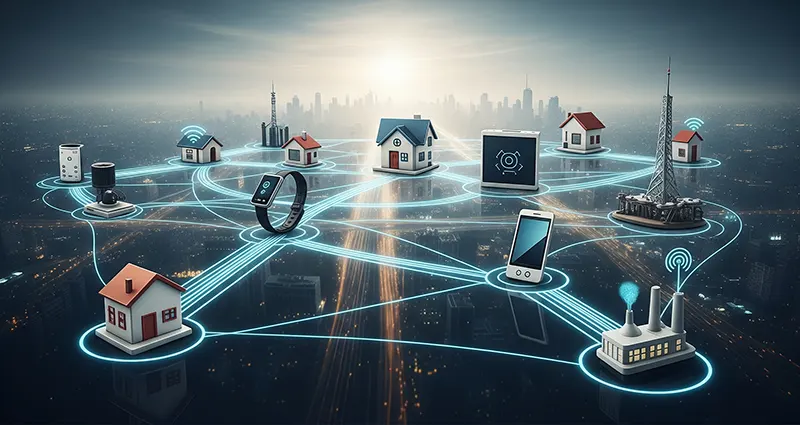The rapid proliferation of Internet of Things (IoT) devices has led to a connected world where data is constantly being generated, collected, and shared. While IoT technologies offer numerous benefits in terms of convenience, efficiency, and automation, they also raise important ethical considerations, particularly when it comes to data privacy and security. In this article, we explore the implications of data privacy within connected IoT ecosystems and the ethical considerations that must be addressed to protect user information and uphold ethical standards.
Understanding Data Privacy in Connected IoT Ecosystems
1. Data Collection and Sharing:
IoT devices gather vast amounts of data about users, their behaviors, and their environments. This data can include personal information, usage patterns, location data, biometric data, and more.
2. Data Security and Breach Risks:
The interconnected nature of IoT ecosystems creates vulnerabilities that can be exploited by cybercriminals. Data breaches in IoT devices can have serious consequences, compromising user privacy and leading to identity theft, financial loss, and other harms.
3. Ethical Implications of Data Usage:
The use of IoT data for targeted advertising, profiling, and decision-making raises ethical concerns about privacy invasion, discrimination, and lack of transparency in data practices.
Ethical Considerations for Data Privacy in Connected IoT Ecosystems
1. Informed Consent:
Users should be provided with clear and transparent information about the data collected by IoT devices, how it will be used, and with whom it will be shared. Informed consent should be obtained before collecting and processing personal data.
2. Data Minimization:
Companies and developers should practice data minimization by collecting only the data necessary for the intended purpose. Collecting excessive data increases the risk of privacy violations and data breaches.
3. Data Security Measures:
Strong data security measures, such as encryption, access controls, and regular security audits, should be implemented to protect IoT data from unauthorized access and cyberattacks.
4. Anonymization and Pseudonymization:
Whenever possible, IoT data should be anonymized or pseudonymized to reduce the risk of identifying individuals and to protect their privacy.
5. Accountability and Transparency:
Organizations should be accountable for their data practices and provide transparency about how IoT data is collected, stored, processed, and shared. Users should have the ability to access, rectify, and delete their data as needed.
Balancing Innovation with Privacy Protection
As IoT technologies continue to evolve and expand, striking a balance between innovation and data privacy protection is crucial. While connected IoT ecosystems offer numerous advantages in terms of efficiency, automation, and connectivity, they also present ethical challenges that must be addressed to safeguard user privacy and ensure responsible data practices. By prioritizing ethical considerations for data privacy in IoT ecosystems, stakeholders can build trust with users, mitigate risks, and promote a safe and secure IoT environment for all.
As we navigate the complexities of data privacy in connected IoT ecosystems, it is essential to prioritize ethical considerations, uphold user rights, and promote responsible data practices. By adopting a proactive approach to data privacy and security, stakeholders can harness the transformative power of IoT technologies while ensuring that user privacy remains protected in an interconnected world.









